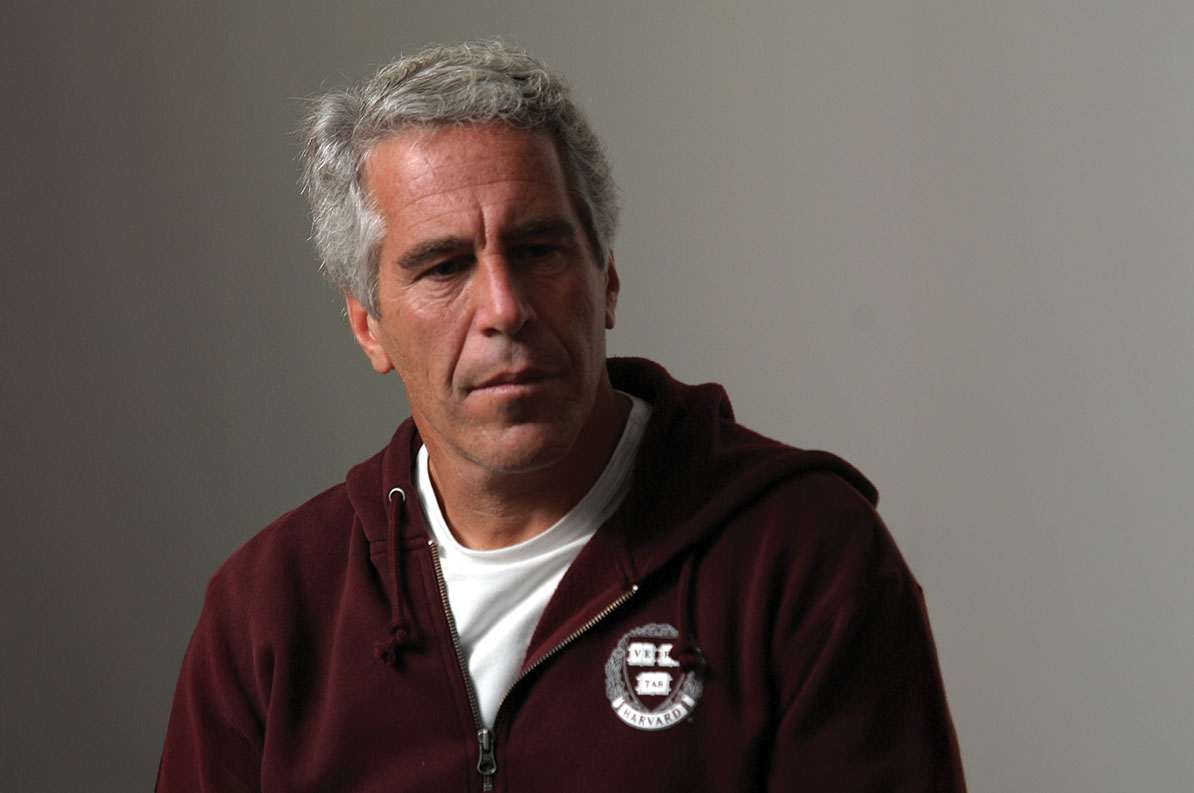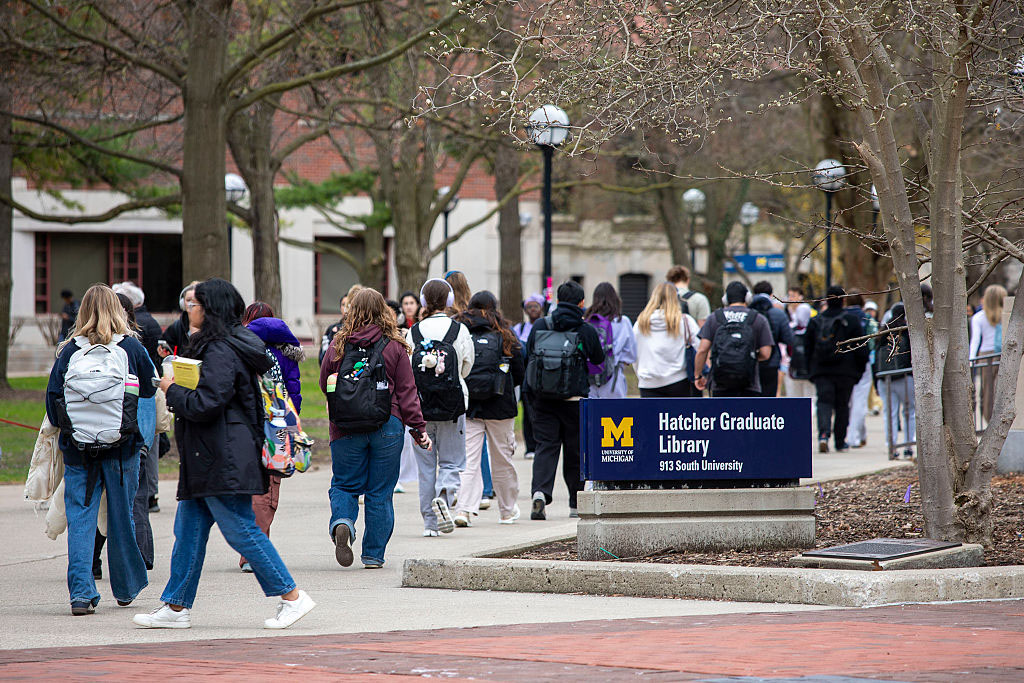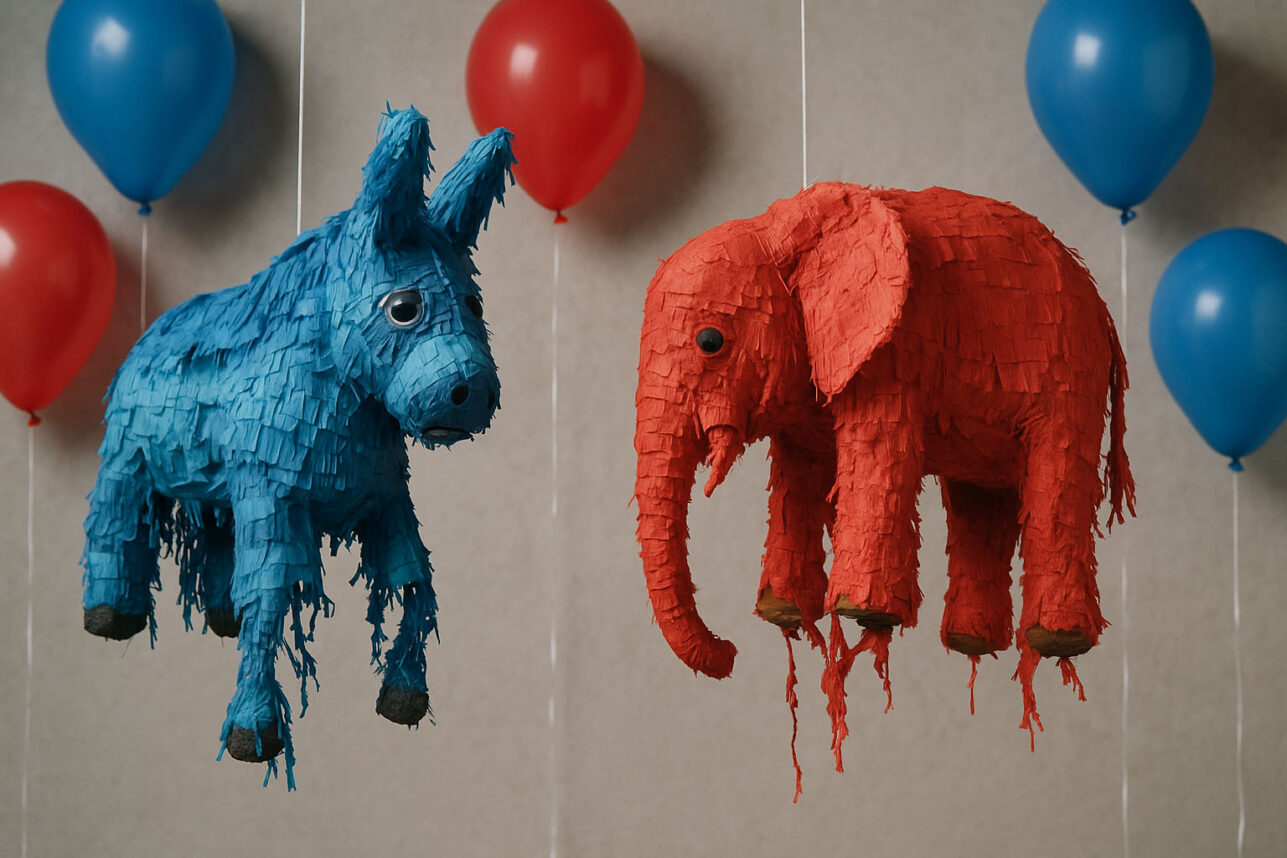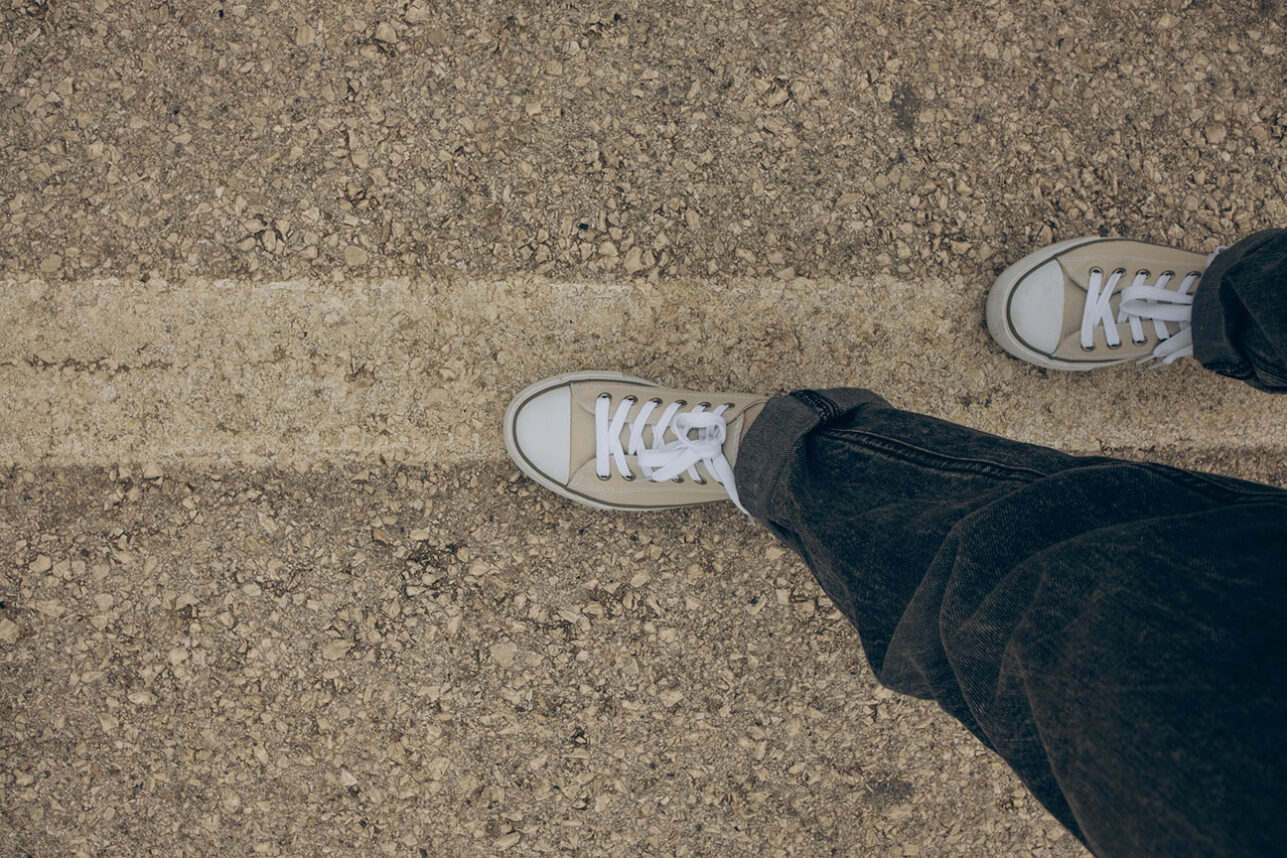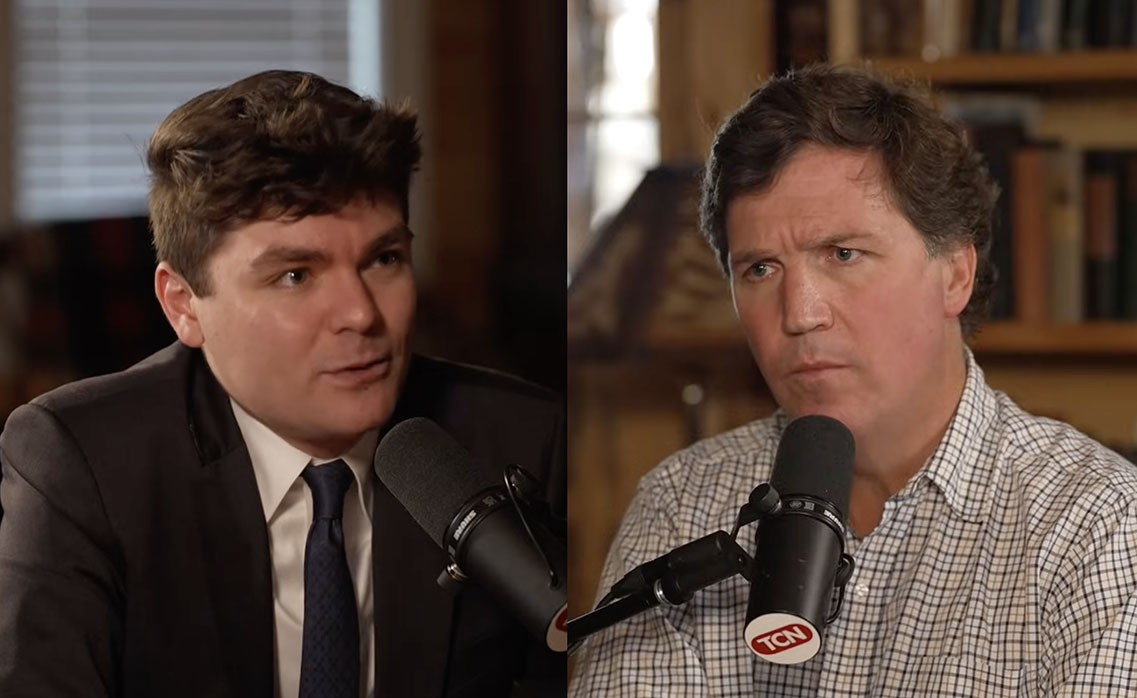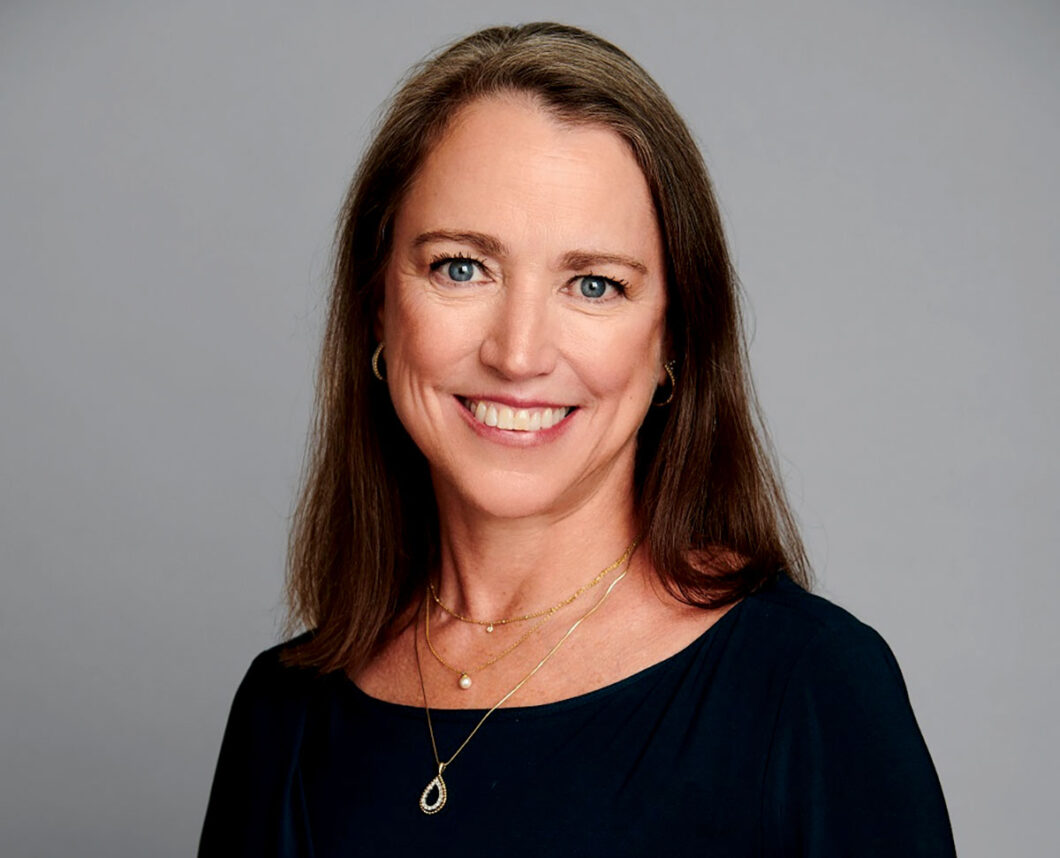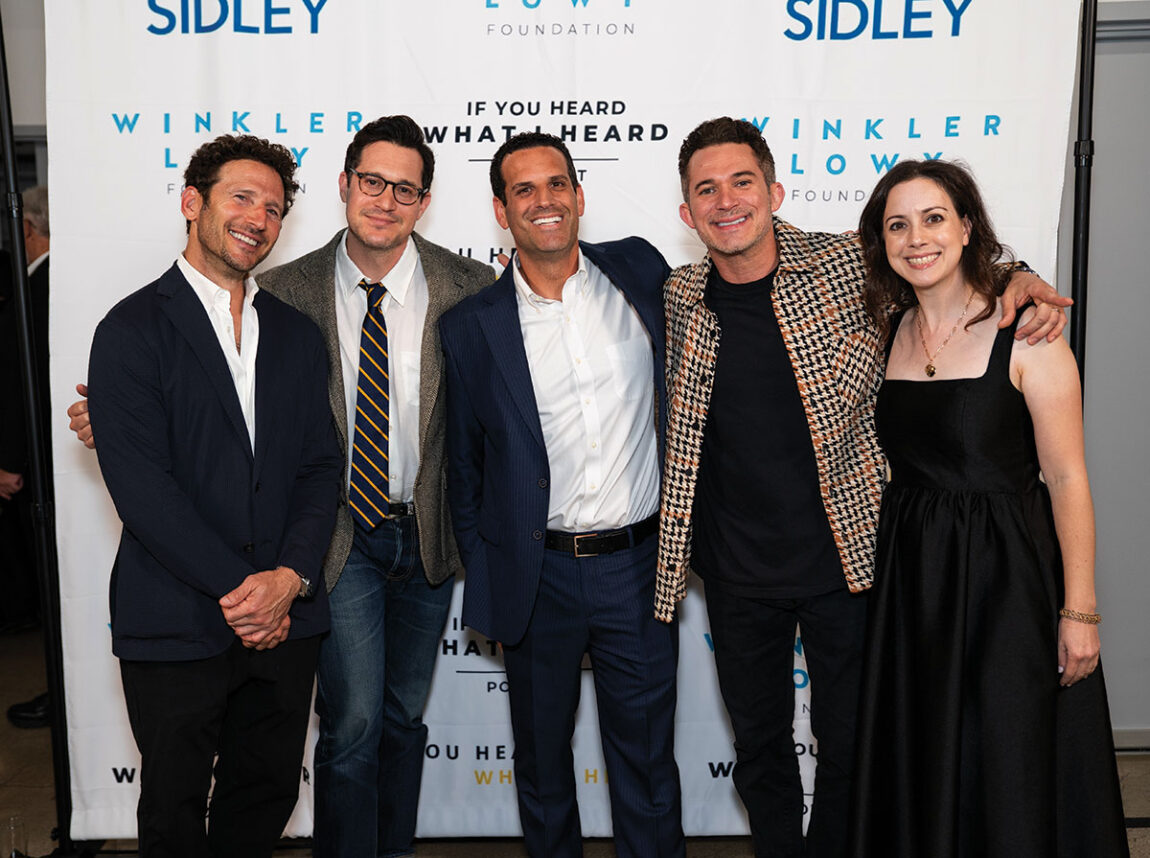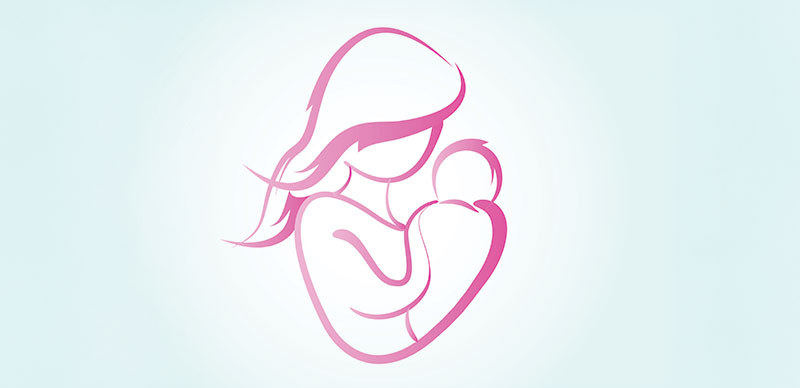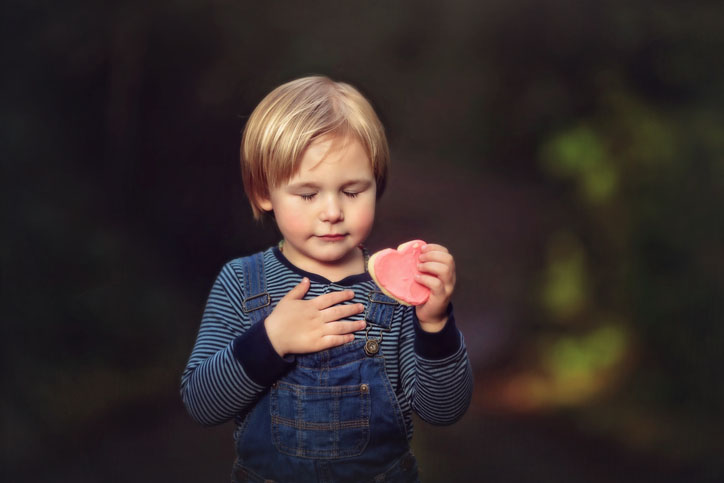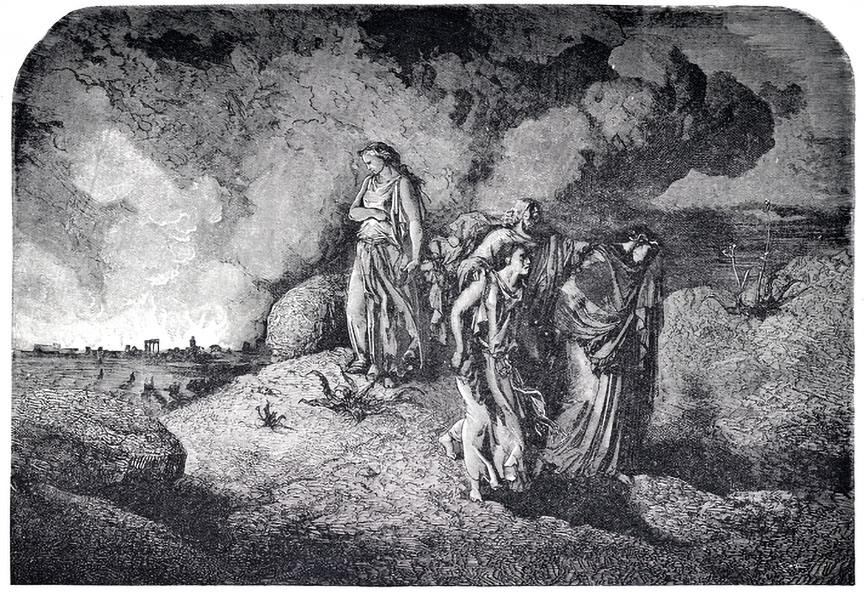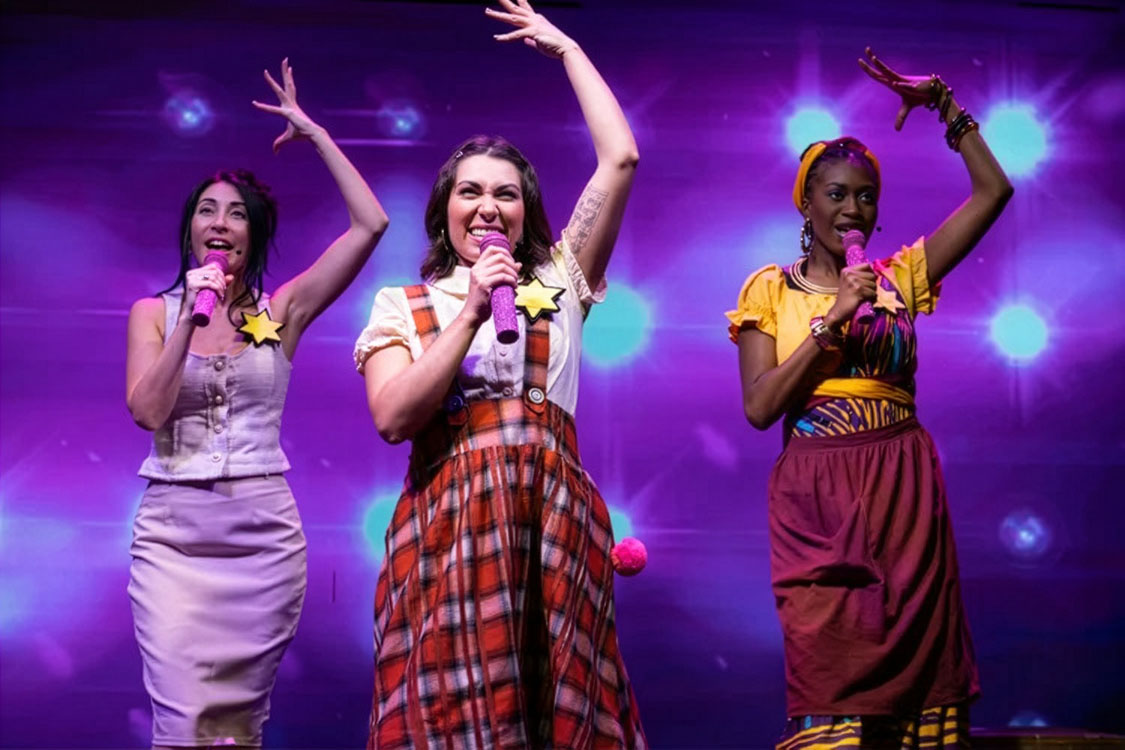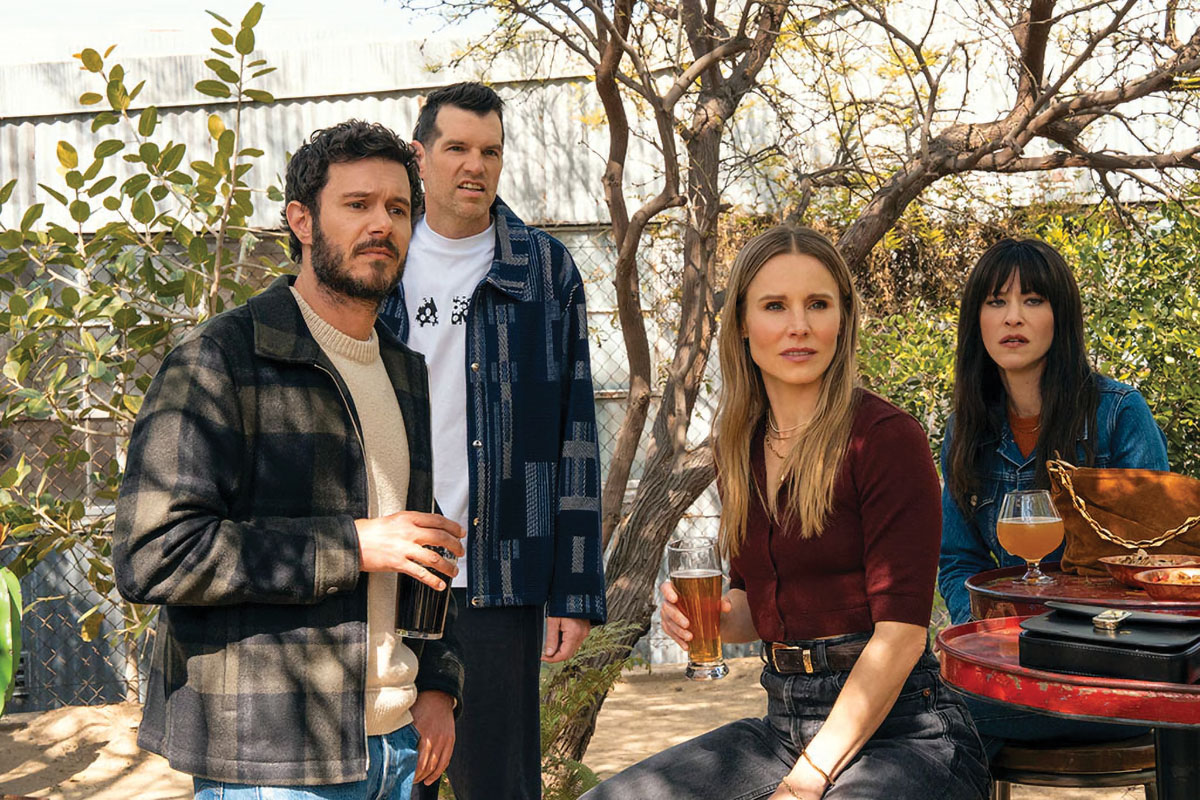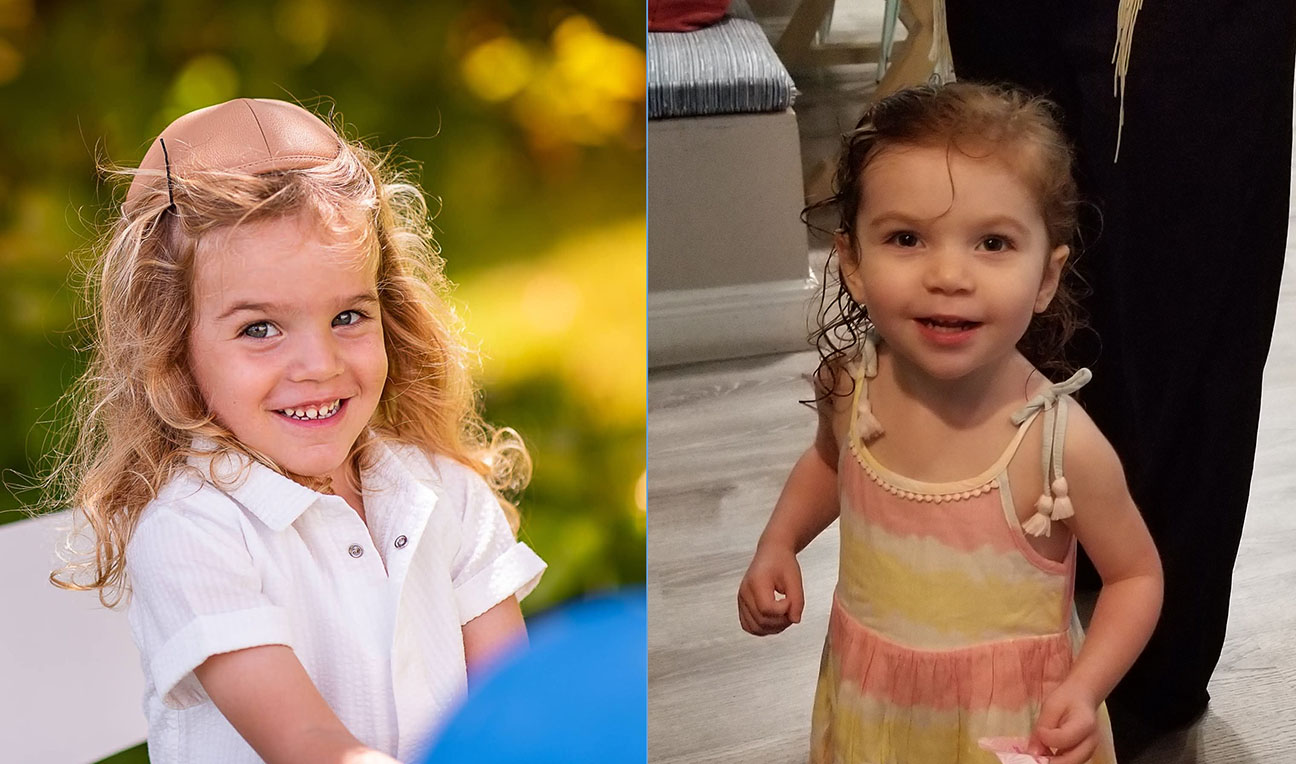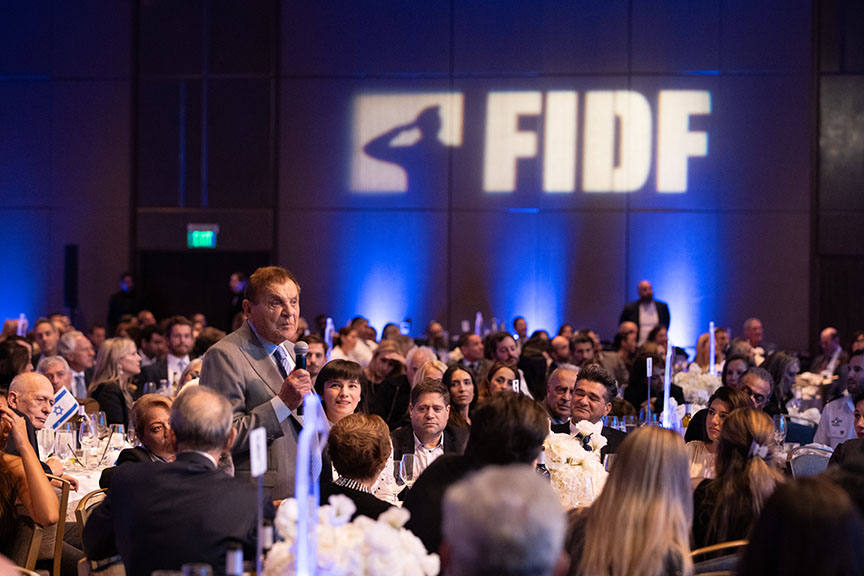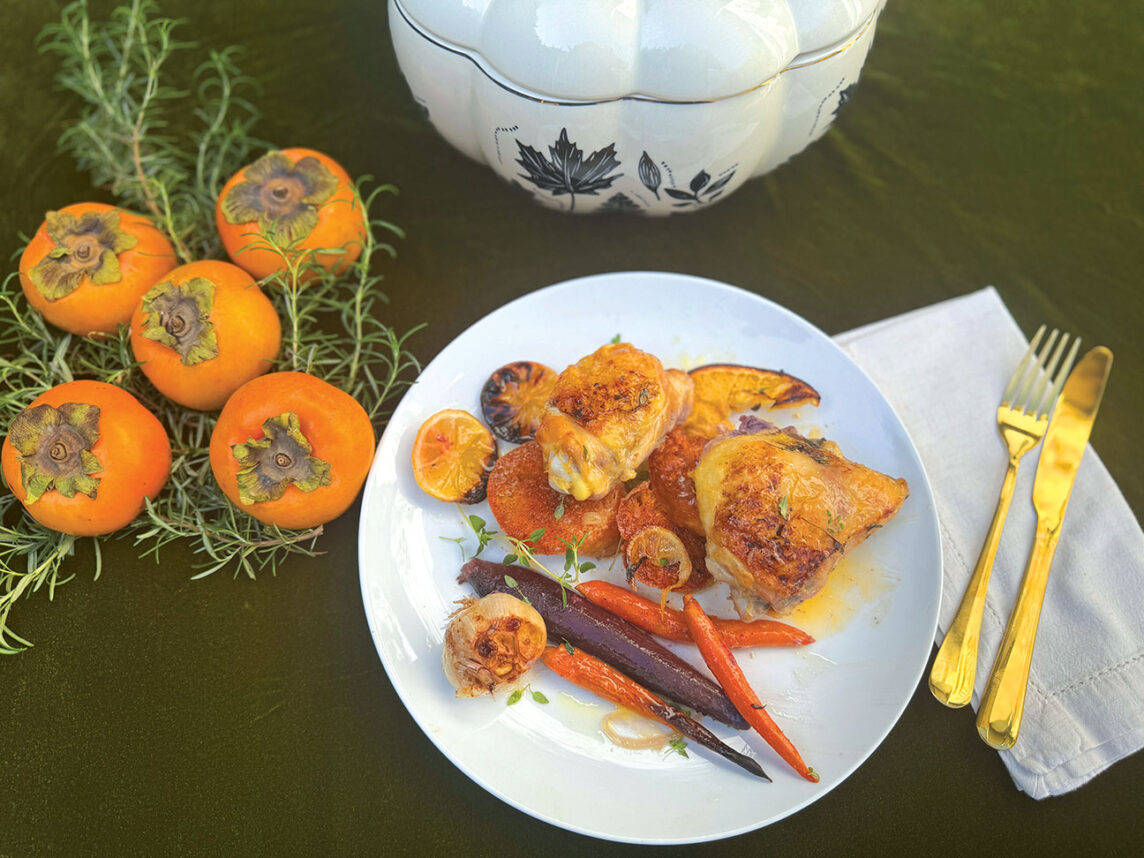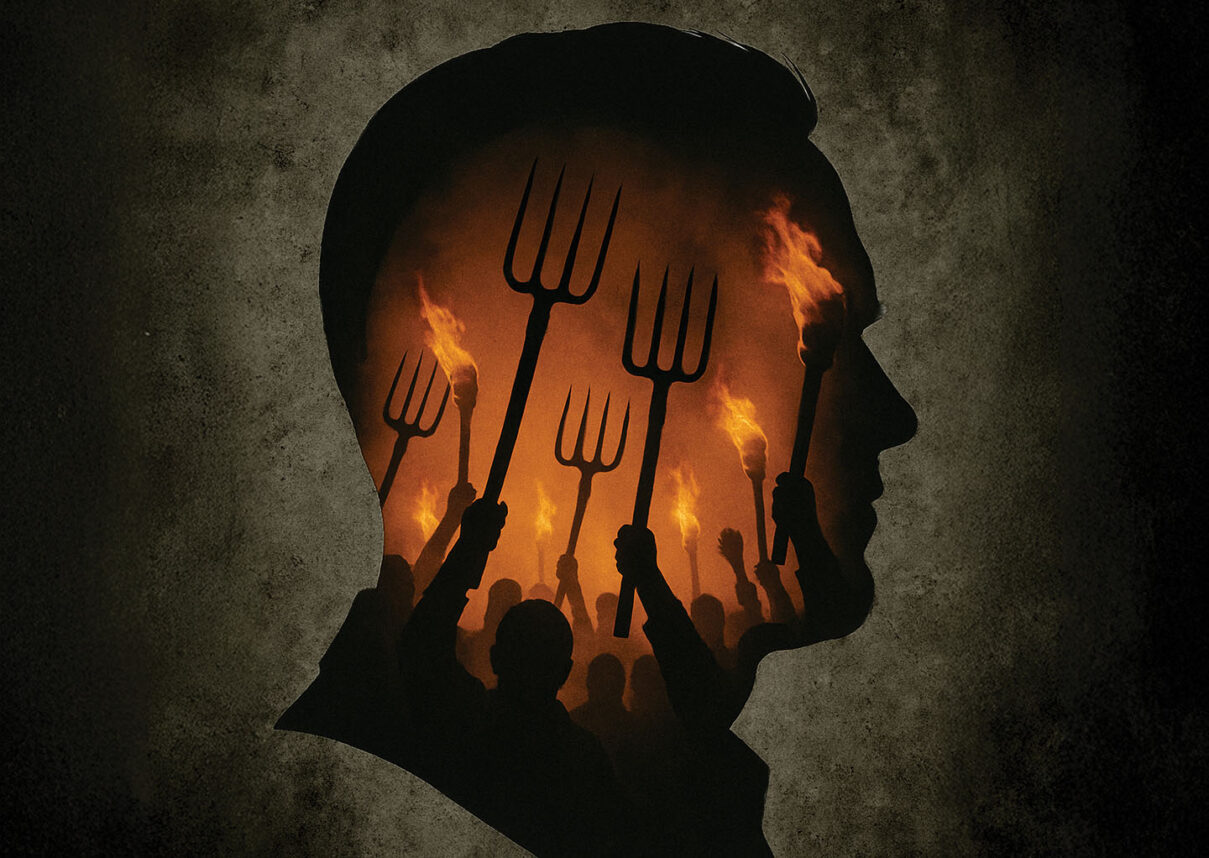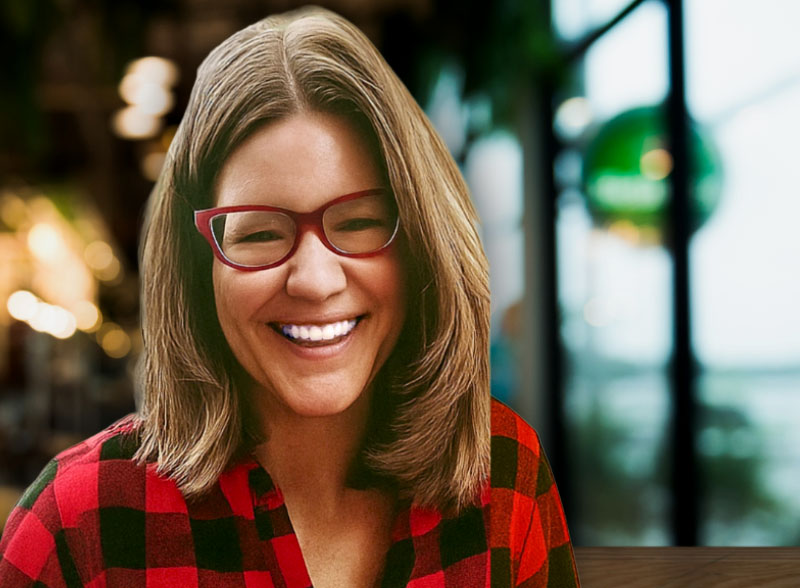
The music of The Barry Sisters takes me back to a very specific memory. It was Pesach, I was about eight or nine, and my grandmother was leaning over a large pot of matzoh ball soup on the stove. I remember the smells vividly — fresh parsley, buttered potatoes and chicken slowly cooking in the oven. “Tumbala, Tumbala, Tumbalalaika,” my grandmother quietly sang under her breath, and suddenly, the memory became distinct. It became a place I could travel to when I needed to feel connected to Judaism and to my Jewish family. When I heard this song years later, the wave of sentiment and nostalgia was overpowering. When browsing through TikTok, I came across The Shvesters, Polina Fradkin and Chava Levi, two beautifully talented young Jewish girls who have taken the internet by storm by singing the Yiddish oldies — songs that take us all back to the Pesach kitchen. The first thing I told Polina and Chava upon meeting with them was that their renditions of “Rumania Rumania,” “Mein Yiddishe Momma” and “Hava Nagila” triggered a euphoria within me that I immediately had to share with all my friends. I sent their account far and wide on Instagram and TikTok, and similar nostalgic reactions flooded in from my followers.
“Yiddish music was prominent in my childhood as well,” says Polina. “At every event that my grandmother organized, she would strongly suggest which Yiddish song she wanted my siblings and I to perform.” Polina was born in Russia, the place her family had lived for centuries, and says that Yiddish music and Yiddish art in general connect her loved ones to the Old World, which for her relatives, is not that old at all. “My grandfather on my father’s side had this massive collection of Yiddish music that was in stacks all around his house,” Polina recalls. “When he got older and developed Alzheimer’s, the only thing that brought back his lucidity was when I sang to him in Yiddish. Suddenly, he would be there with me, singing along. That definitely strengthened my connection.”
Polina’s family left Russia far later than my family left Russia, in the 1990s rather than at the turn of the century. Yet they left for the same reasons: a rise in antisemitism, feelings of suffocation that came with being a Jew, and a desire to live the American dream. We discussed how the iconic klezmer-jazz music that The Shvesters recreate has a certain Diaspora-ness to it. It is reminiscent of the immigrant Jewish experience as our ancestors began to establish themselves. In that regard, the music is timeless. It does not matter when your family made the leap to the Golden Medina, they still clung to that which tethered them to the mother countries.
Chava came to join The Shvesters from her studies as a musician. Her interest in the specific new-Jew-in-America genre came after watching “The Marvelous Mrs. Maisel” and finding herself drawn to the quirks of the Jewish Upper West Side in the 1950s. Chava’s expertise contributed to the unique sound of The Shvesters, which Polina and Chava both say is a departure from the “shmaltzy, comedic” role that Yiddish now plays in American pop-culture. Today, Yiddish often exists for us to make fun of it, to lampoon the crabby Jewish mother or the forgetful zayde. Yiddish is a relic, the butt of a joke, slang within our traditional lexicon. But The Shvesters, in contrast, take their sound seriously. The harmonies are carefully balanced, the classical feel is prominent, and the language is precise. Polina muses that she and Chava must call her grandmother before going on camera in order to avoid any fatal mispronunciations when recording.
Their demanding work has paid off. “Absolutely Amazing as Always!” one commentator on TikTok writes under a Shvesters video. “You are treasures. Please never stop making music,” another reads. Others include: “This made me tear up,” “My mother’s favorite, I just got chills,” “My grandmother would love this,” and “Yiddish died in my family with my grandfather, I listen to your songs on loop to hear the language of my ancestors spoken four generations ago.” These comments are certainly an encouragement to keep going, Polina and Chava explain. They began to work with this music one evening when they were both very busy and living in Israel. The only live gig they’ve done together is a small show at Malan 18 in Tel Aviv, a night club with live music that closed shortly before the pandemic. And seeing these reactions, these heartfelt notes of love and thanks, has compelled them to stick with it.
“People who have a stronger connection to their background have a stronger drive to pass on what they received and make the future better.” – Polina Fradkin
Once Chava and Polina told me they began their creative journey in Israel, our conversation got a bit deeper. I asked them how they square their treasuring of Yiddish with their connection to a Jewish homeland, a Jewish homeland that speaks Hebrew, a divergence that created political turmoil at the time of Israel’s establishment and continues to divide Jews who value the aesthetic of a left-wing, anti-Zionist fetishization of Yiddish and the “new Jews,” those who gave up on the Old World. “If you don’t know where you come from,” Polina answers this question insightfully, “you’re not going to know where you’re going. People who have a stronger connection to their background have a stronger drive to pass on what they received and make the future better.” Polina adds that many years ago, Hebrew was the language of religion, but Yiddish was the language of lullabies, of lovers, of business, of life. It therefore still sparks intense emotions in Jews, and that is something to celebrate. Chava notes that Yiddish has a way of changing the Jewish perception of self, reflecting on the truism that individuals express themselves differently when speaking different languages. Yiddish is nostalgic, innocent and unique. Therefore, Jews the world over, no matter how Zionist they are, can still revel in it.
Next for The Shvesters is to continue with online content and to kickstart more live performances. They would love to participate in Klezmer festivals and one day to create an album with a full live jazz band. Polina wants to share a stage with Mandy Patinkin, who she was delighted to tell me has a Yiddish hits album. The “pie-in-the-sky” goal is to be featured on “The Marvelous Mrs. Maisel,” where the specific genre of music they recapture for the hearts and minds of our generation is on full display. “We want to create, and to bring back Yiddish Jazz” says Chava, as we are wrapping up our conversation. “It has definitely been lacking. When I listen to contemporary Yiddish music, I can’t help but think ‘oh what I wish I could change to make it feel more like you want to dance to it.’” The Shvesters do not just make us want to move our feet to Yiddish; their music makes us long for Yiddish. In an age when social media and fast-moving content flushes out connection to culture and to our ancestors, we all crave an opportunity to be back, at nine years old, in the kitchen at Pesach. It warms our hearts, it links us to our loved ones, and it inspires us to keep being Jewish. “We’re taking something that is dying to be back into the mainstream,” says Polina, “and bringing it into the light in a new, sophisticated, and exciting way.”
Blake Flayton is the New Media Director and Columnist for the Jewish Journal.









